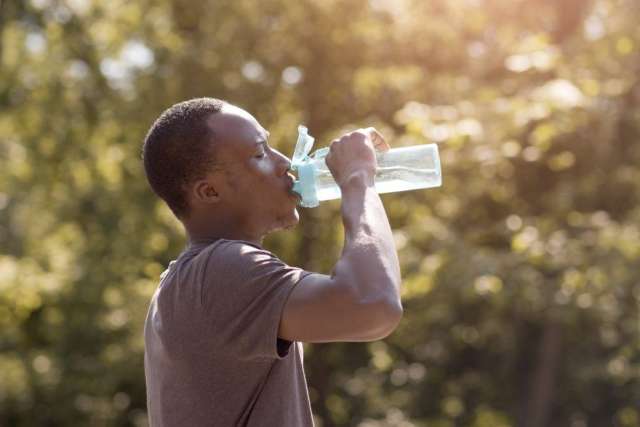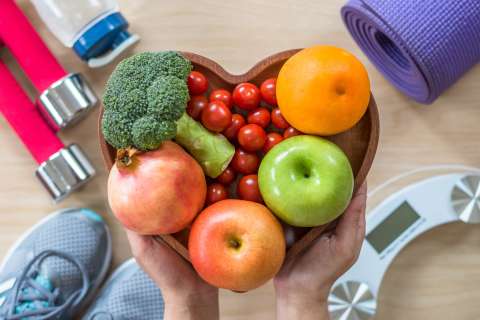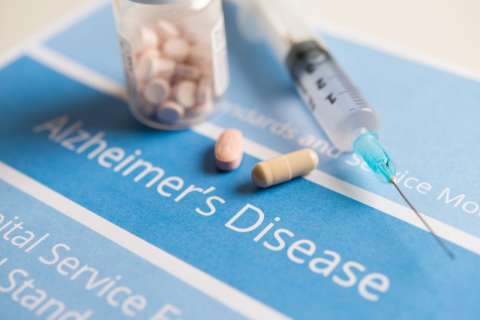Hello, dear readers, and welcome to our monthly letters column. With heat, humidity and wildfires, many of us have been dealing with a summer of extremes. We’re thinking of you, and we hope you are staying safe as we begin the autumn season. We’re very glad to know that recent columns about these issues have been helpful. And now, onward to your letters.
-- A recent column about summer heat discussed hydration. It prompted a question from a reader who says she was “elected” by her underhydrated companions to request more details. “The issue is whether the amount that you drink has to be water, or does the water contained in vegetables, fruit and juices also count?” she asked. The answer is that yes, the liquids contained in foods and in beverages other than water do contribute to hydration. Watermelon, for example, is 90% water. Citrus fruits are high in water content, as well. But keep in mind, particularly with fruit juices, that you’re taking in sugar as well as water. When it comes to vegetables, think of juicy ones such as cucumbers, tomatoes, romaine and iceberg lettuce, celery and bell peppers. A source of liquid that’s an enemy of hydration is alcohol. In fact, alcohol causes dehydration. Water is always a good first choice. You’ll know you’re well-hydrated when you urinate several times throughout the day, and the urine itself is a light color and is of significant volume.
-- A column about hantavirus, which is transmitted through infected rodent droppings and can cause a serious respiratory infection, prompted a question from a reader in North Carolina. “The previous owners of our house left scattered birdseed in the shed. The mice made quite the mess, which we cleaned up following Centers for Disease Control and Prevention guidelines,” he wrote. “Do we also need to disinfect when we see droppings on the deck, or is it OK to just sweep them away since it’s outdoors?”

-- We continue to hear from quite a few readers about how to exercise after a bout of COVID-19. Each person’s recovery takes a different trajectory, and so does the return to exercise. Start with brief and gentle sessions. Choose the activity you like best, whether it is a short walk, hike, bike ride or weight session, and pay close attention to how you feel. Always stop before you become tired. Increasing time and exertion levels can take weeks or even months. It’s important to be patient and give your body the best chance to recover.
Our mailboxes are brimming again, so we’ll be back soon with a bonus letters column. Thank you, as always, for writing. It’s a pleasure to be in touch with all of you.
(Send your questions to [email protected], or write: Ask the Doctors, c/o UCLA Health Sciences Media Relations, 10960 Wilshire Blvd., Suite 1955, Los Angeles, CA, 90024. Owing to the volume of mail, personal replies cannot be provided.)





